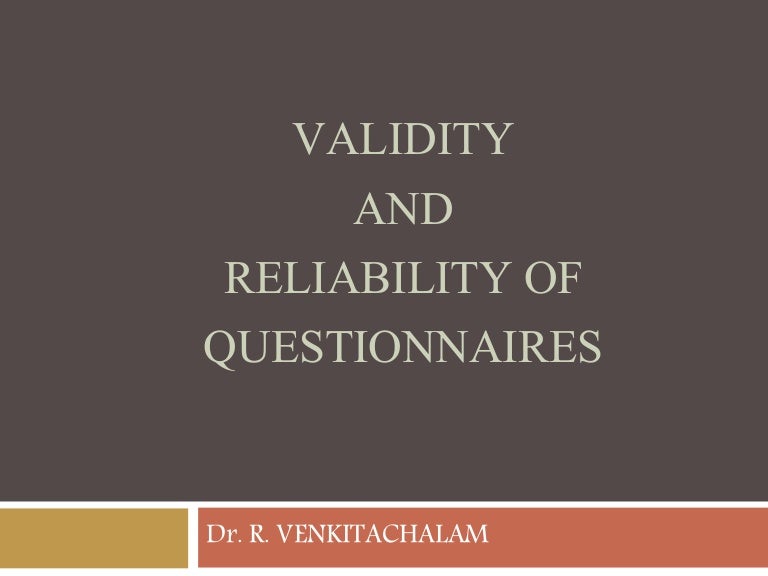


The results, based on studies in three organizations involving 49, 61 and 110 participants respectively, indicate that diary data are significantly more reliable than data obtained from questionnaires. A reliability measure which indicates the degree to which an individual concurs as to the occurrence of interactions across all individuals is introduced. This paper compares the cross-recorder reliability of these two data collection instruments. Diaries, on the other hand, are considered to be more reliable since they are completed immediately following an interaction when the event is still fresh in the individual's mind. Questionnaires are often viewed as unreliable since they are based on the memory and perceptions of the participants. Two of the more common techniques are one-shot questionnaires and self-recording diaries completed at the time of the interaction. A survey instrument is said to have high reliability if it produces similar results under consistent conditions, and any change would be due to a true change in the attitude, as opposed to changing interpretation (i.e., a measurement error). In addition, the reliability coefficient was tested. Reliability is a statistical measure of how reproducible the survey instrument’s data is. The crucial role that communication plays in organizations has led to the development of various methodologies to collect communications data. Reliability test was conducted as data exercise by using internal consistency method.


 0 kommentar(er)
0 kommentar(er)
